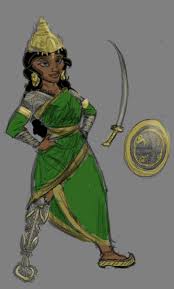
There is a general tendency amongst the people to believe that the Ancient Indian texts, usually discriminate against women, but the picture, in reality, is almost opposite to this misconception. The Vedas and other texts, mostly glorify women and always talk about the protection of their rights. These ancient texts have discussed, in great detail, women’s role, be it cultural, political, economic or social, their statutory rights, and their status in the society.
The Atharvaveda declares that “a woman should behave like an Empress in front of her in-laws” (Atharvaveda 14.1.44: सम्राज्ञ्येधि श्वशुरेषु सम्राज्ञ्युत देवृषु। ननान्दुः सम्राज्ञ्येधि सम्राज्ञ्युत श्वश्रवाः।।). The oldest Sanskrit text, the Rigveda contains the earliest reference of prosthesis (the replacement of a body part with an artificial one). Interestingly, Ashwini Kumaras (Lord of Medicine), gave a prosthetic leg to the Warrior Queen Vishpala, who lost her leg during the battle of Khela ( Rigveda 1.116.15: खे॒लस्य॒ परि॑तक्म्यायां । स॒द्यो जंघा॒माय॑सीं वि॒श्पला॑यै॒ धने॑ हि॒ते सर्त॑वे॒ प्रत्य॑धत्तं ॥).
The Rigveda not only contain mentions of such women in copious, but in fact, many composers of the Rigveda (traditionally, ‘recievers’ as Vedas are not written by a person and are considered words of God) were themselves women. These women were called “Rishikas”. They include Lopamudra (लोपामुद्रा), who was a great philosopher, the wife of Rishi Agastya and composer of many parts of the not only the Rigveda but also other Vedas and religious texts. Other Rishikas are Mamta (ममता), Vishvavara (विश्ववारा), Apala (अपाला), Surya (सूर्या), Ghosha (घोषा), Vak (वाक्), who have contributed greatly in composing the Vedas.
A well-known phrase यत्र नार्यस्तु पूज्यन्ते रमन्ते तत्र देवताः, belonging to the Manusmriti (3.56), the text which is always considered discriminatory to women and backward classes, means that “the Devatas (God) reside at the place where women are regarded”. Another verse from Manusmriti means that “The family in which women are unhappy and subjected to sufferings, will perish very soon. On the other hand, where the women remain happy, that family thrives forever” (Manusmriti 3.57: शोचन्ति जामयो यत्र विनश्यत्याशु तत्कुलम्। न शोचन्ति तु यत्रैता वर्धते तद्धि सर्वदा।।). The Manusmriti also lays down severe and terrible punishments for crime against women.
This is a mere reflection of the ancient Indian civilization, apart from these examples, there is a plethora of other such mentions found in a variety of texts and scriptures, that stress upon the glory and greatness of the women of the society. It is now that the international society has become concerned with women’s rights and has termed words like ‘feminism’ to express their support for women, which the ancient Indian civilization has been doing for centuries now.
जननी जन्मभूमिश्च स्वर्गादपि गरीयसी!
Mother and Motherland are higher than heaven!



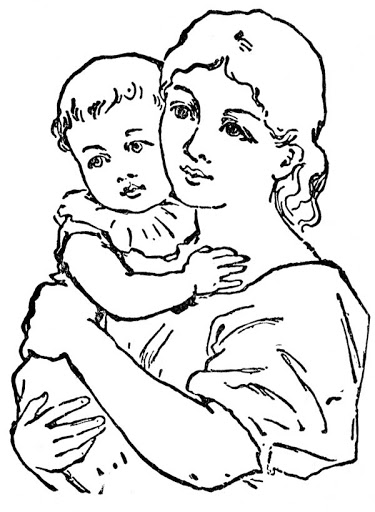




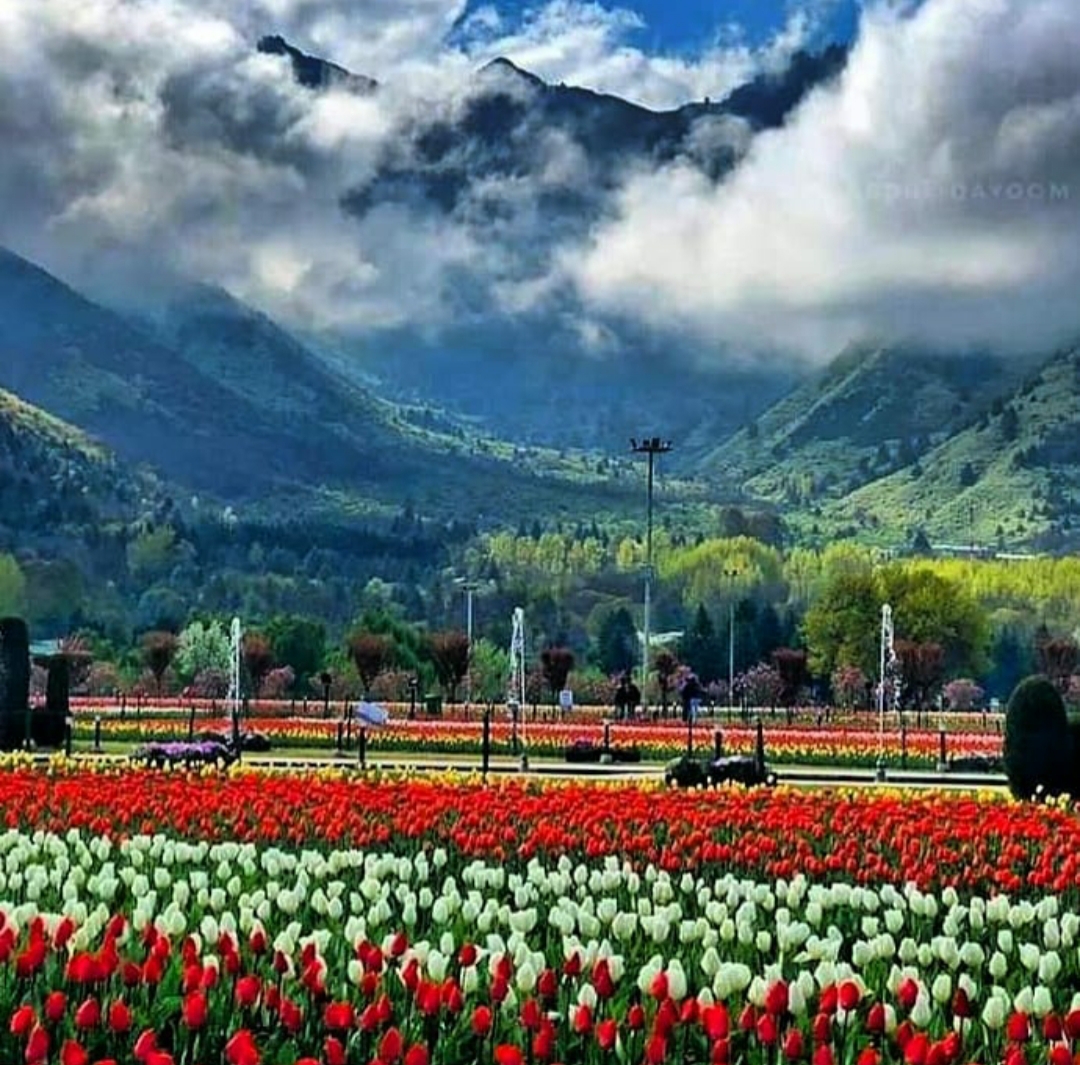

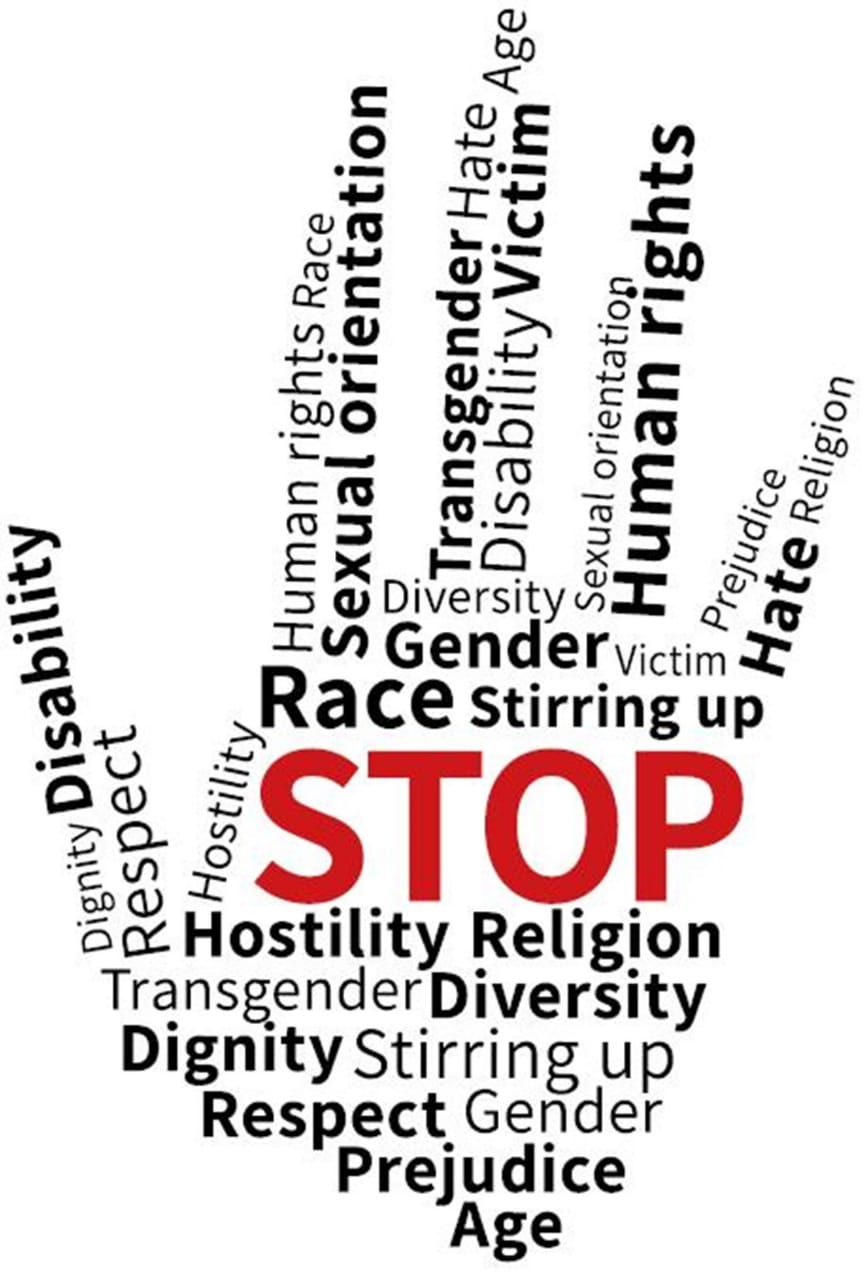


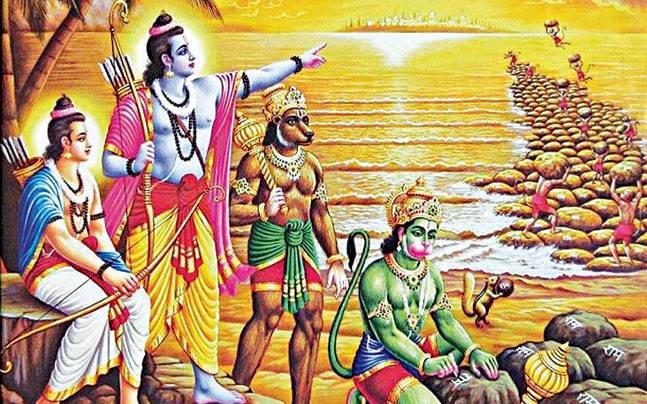
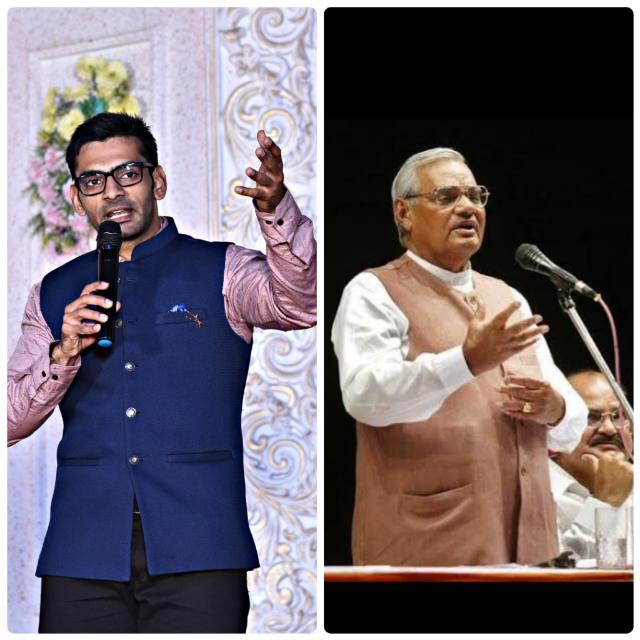

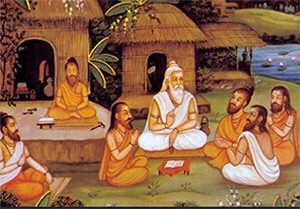


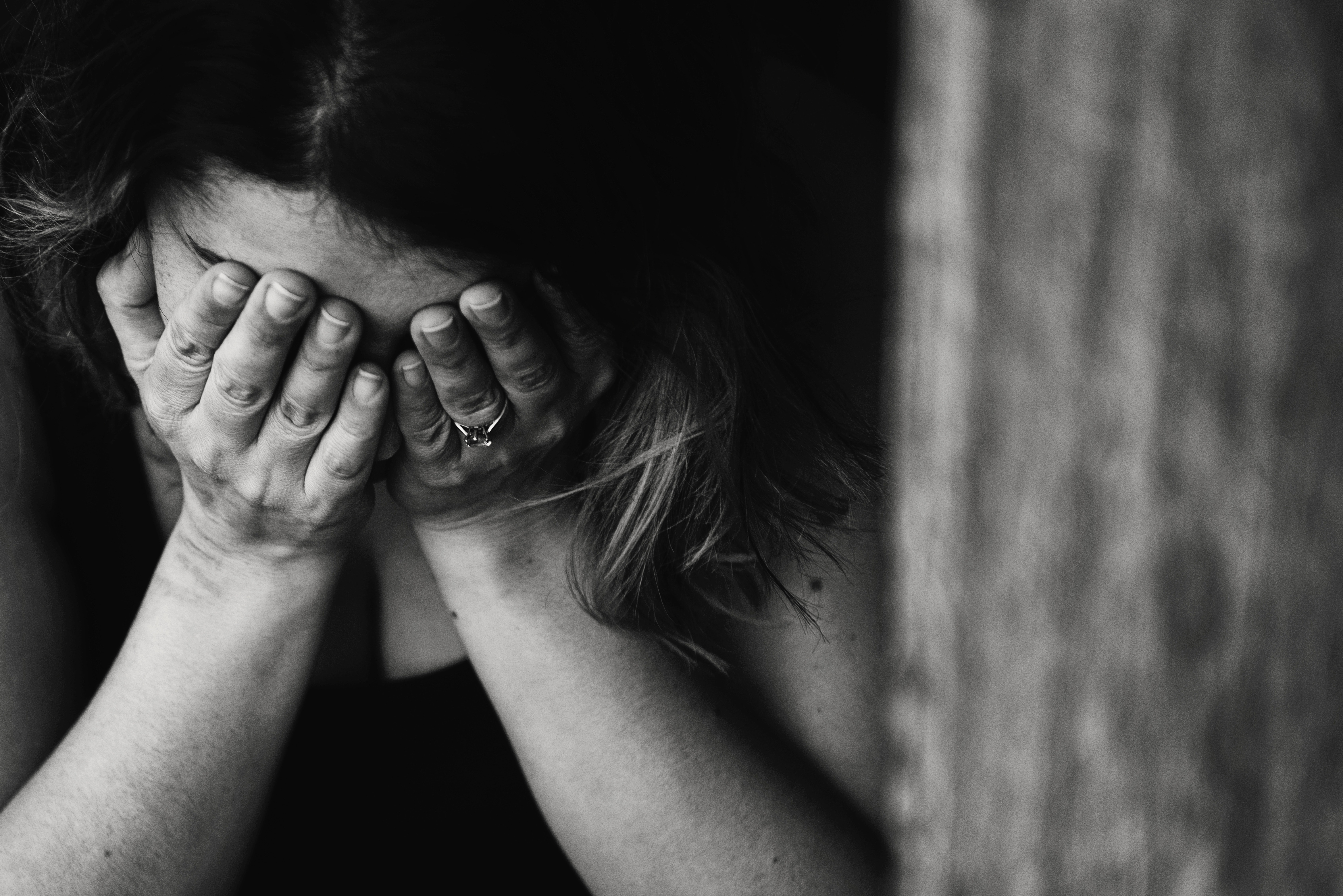
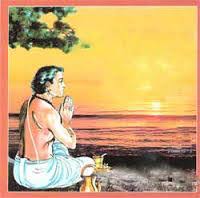


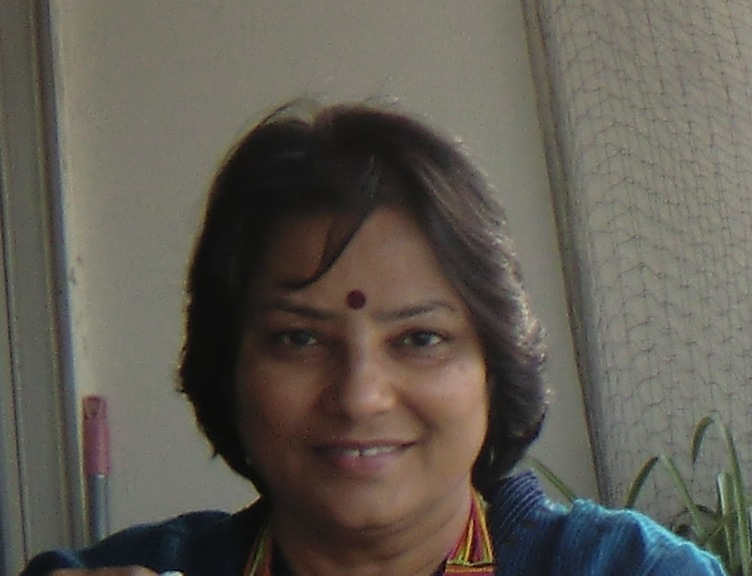


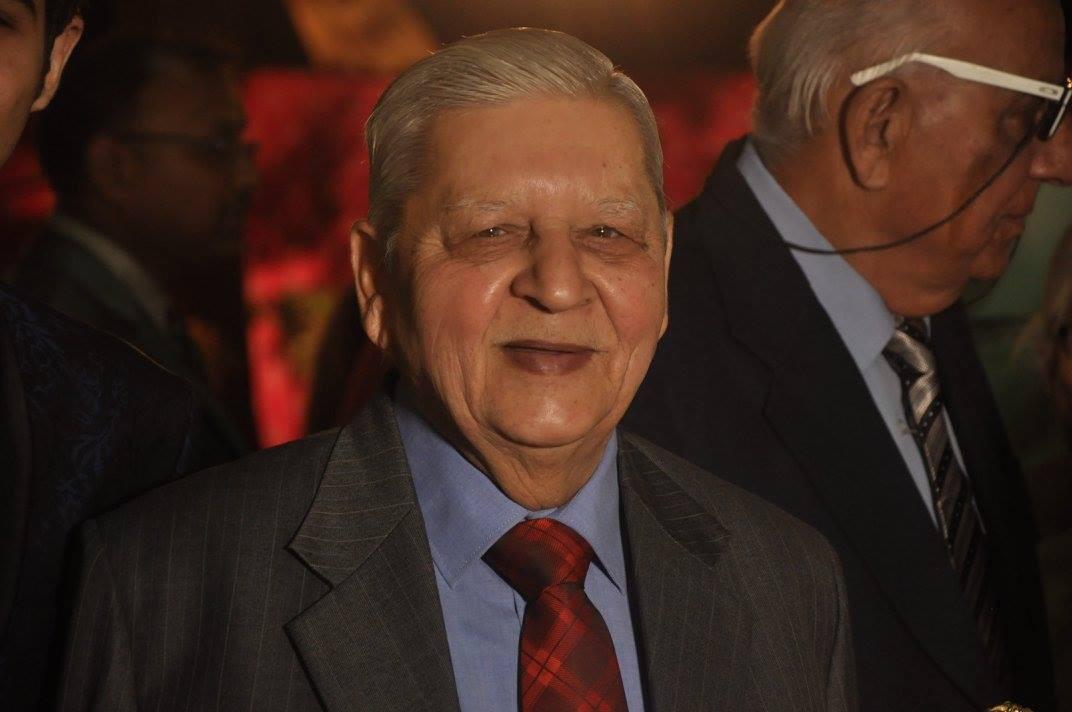

Feed from WhatsApp